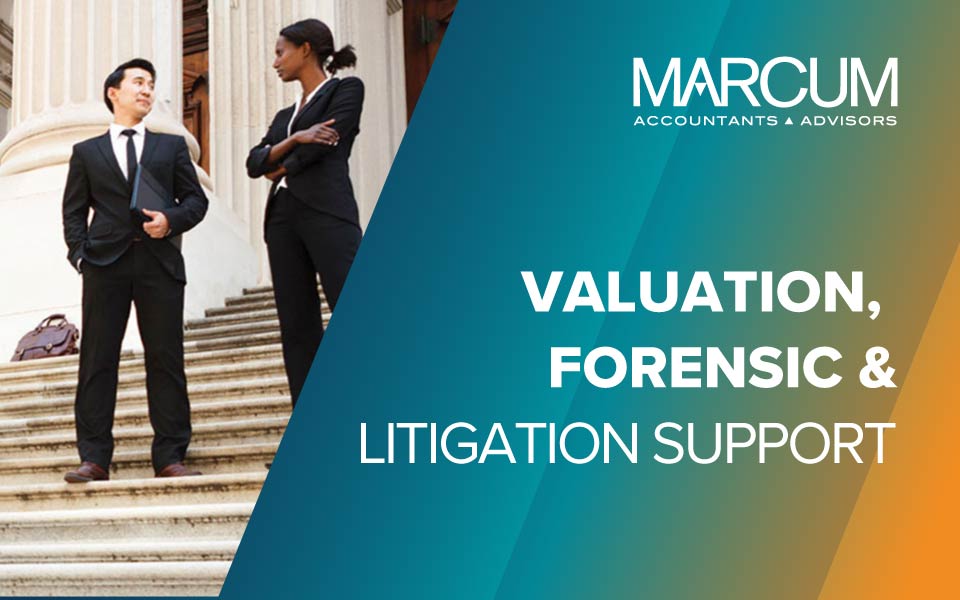Business Valuation Credentials: What the Alphabet Soup Means
By Sean R. Saari, Partner, Advisory Services

 As if it isn’t hard enough to remember someone’s name when you first meet them, business valuation experts typically have a mass of letters after their name, too. While most people are familiar with the CPA (Certified Public Accountant) designation, there a number of other credentials that indicate proficiency and experience specifically in performing business valuations. The summary below is a “decoder ring” to some of the more common valuation credentials. I promise the secret message will not be “Drink Your Ovaltine” – I have seen Ralphie disappointed in The Christmas Story too many times to do that to you.
As if it isn’t hard enough to remember someone’s name when you first meet them, business valuation experts typically have a mass of letters after their name, too. While most people are familiar with the CPA (Certified Public Accountant) designation, there a number of other credentials that indicate proficiency and experience specifically in performing business valuations. The summary below is a “decoder ring” to some of the more common valuation credentials. I promise the secret message will not be “Drink Your Ovaltine” – I have seen Ralphie disappointed in The Christmas Story too many times to do that to you.
- Certified Valuation Analyst (CVA) – This credential is offered by the National Association of Certified Valuation Analysts (NACVA) and has been around since 1991. There are approximately 5,000 practicing CVAs. This is one of the more common credentials that CPA valuation practitioners attain and it is well-respected within the valuation community. You must be a CPA in order to attain a CVA designation.
- Accredited in Business Valuation (ABV) – This credential is offered by the American Institute of Certified Public Accountants (AICPA) and has been around since 1997. There are approximately 2,500 practicing ABVs. Like the CVA, you must be a CPA in order to attain this designation and it is highly regarded within the valuation community.
- Certified in Financial Forensics (CFF) – The CFF is a newly-developed credential offered by the AICPA. While financial forensics is not directly related to business valuation, sometimes certain forensic techniques are applied when gathering the data necessary to value a business. Because the experience requirements for CFF’s are very similar to those possessed by business valuation experts, it is common to see professional with this designation.
- Accredited Valuation Analyst (AVA) – This is the same designation as the CVA, except it is for professionals without a CPA license. AVAs and CVAs must go through the same training and testing requirements.
- Accredited Senior Appraiser (ASA) – This credential is offered by the American Society of Appraisers and has been around since 1981. There are approximately 1,000 practicing ASAs. You are not required to have a CPA license in order to achieve this credential, but it is still highly esteemed in the valuation community.
- Chartered Financial Analyst (CFA) – This credential is more commonly seen in the investment banking and investment management world, but business valuation analysts will sometimes have this designation, as well. While the CFA program does not focus entirely on business valuation, it is rooted in valuation concepts and the rigorous test requirements make this a respected credential.
- Certified Business Appraiser (CBA) – This credential is offered by the Institute of Business Appraisers (IBA) and has been around since 1978. There are approximately 500 practicing CBAs. While not as popular as the other credentials listed above, it will still pop up from time to time.
Sorting through the alphabet soup of business valuation credentials can be confusing. While there is no “perfect combination” of valuation credentials for a practitioner to obtain, it is important that any valuation analyst that you hire have valuation experience and preferably one or more of the credentials listed above.
Visit our for a summary of the credentials held by our Business Valuation Services group or give us a call directly at 440-459-5700.





